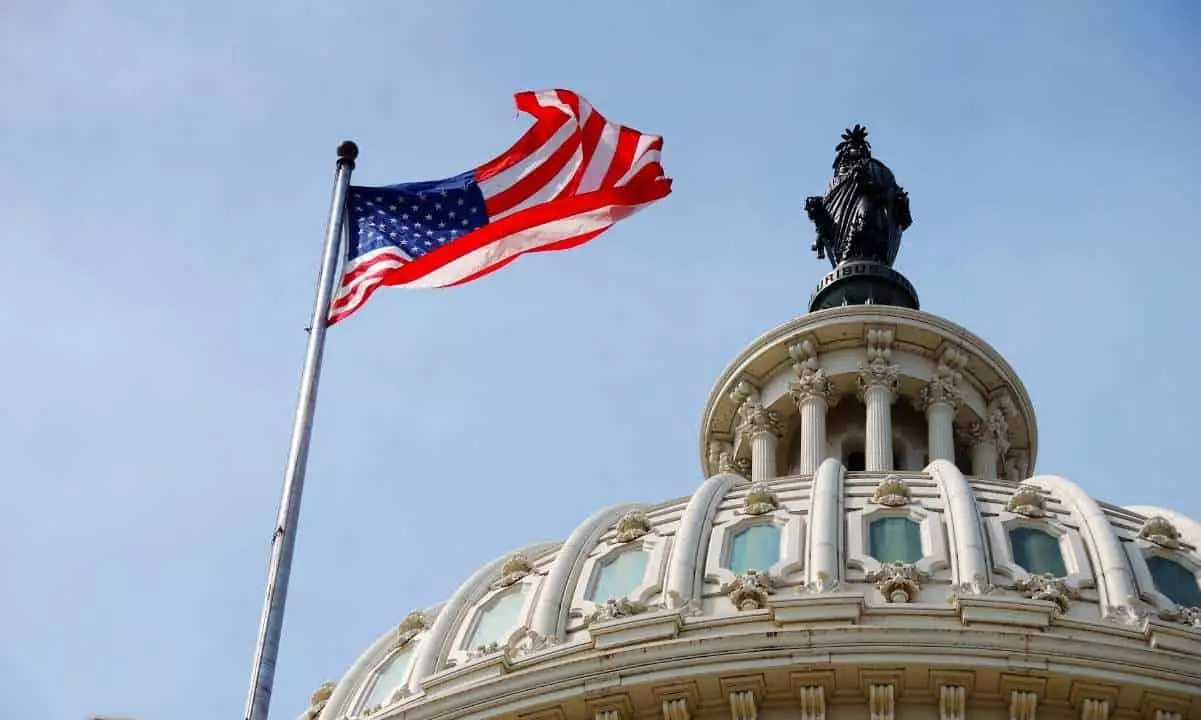In a pivotal move, the U.S. Senate Banking Committee, under the leadership of Chairman Tim Scott, is in the process of forming its inaugural subcommittee dedicated solely to cryptocurrency. This initiative signifies a significant step forward in the Senate’s legislative framework concerning digital assets, emphasizing the growing importance of this sector in the financial landscape. Recent reports from Fox Business reporter Eleanor Terret have unveiled that Senator Cynthia Lummis is poised to lead this new endeavor. However, her official appointment hinges on a forthcoming vote, underscoring the procedural steps still needed to solidify this groundbreaking initiative.
Senator Scott’s eagerness to prioritize the establishment of this subcommittee illustrates the urgency with which lawmakers are approaching the regulation of cryptocurrency. The Senate Banking Committee holds a crucial role in overseeing significant financial regulators such as the Securities and Exchange Commission (SEC) and the Federal Deposit Insurance Corporation (FDIC). By creating this subcommittee, Scott exemplifies a proactive stance toward addressing the complexities and challenges posed by the burgeoning digital asset marketplace.
The framework for this subcommittee appears to be influenced by a similar effort launched by Patrick McHenry in the House of Representatives in 2023, under the auspices of the House Financial Services Committee. This earlier endeavor successfully passed pivotal legislation, specifically the Financial Innovation and Technology for the 21st Century Act (FIT21), aimed at delineating the regulatory landscape for cryptocurrency. This legislation is seen as crucial, as it sets forth clear guidelines for the various agencies responsible for overseeing the crypto sector, thereby enhancing regulatory consistency.
One of the primary co-authors of the FIT21, Congressman French Hill, has emphasized the substantial consumer protections embedded in the bill. For instance, the legislation includes stringent restrictions against the commingling of customer funds, a measure intended to mitigate risks associated with crypto collapses like the notorious FTX incident. Such safeguards demonstrate a commitment to protecting investors and enhancing the credibility of the digital asset industry.
The formation of the subcommittee is significant not only for its regulatory implications but also for its membership. According to an internal memo from Chairman Scott, a cohort of Republican senators identified as advocates for cryptocurrency—such as Bernie Moreno from Ohio, Dave McCormick from Pennsylvania, Thom Tillis from North Carolina, and Bill Hagerty from Tennessee—are slated to serve on this new committee. The inclusion of these pro-crypto figures suggests a legislative intent to foster an environment conducive to the flourishing of digital assets.
On the other hand, the absence of Democrat leaders in the subcommittee frames the discussion around potential bipartisan challenges. Notably, Elizabeth Warren, a leading critic of cryptocurrency among Senate Democrats, remains a senior member of the Senate Banking Committee. Her opposition and influence could shape the legislative discourse as the committee seeks to navigate the complexities of digital asset regulation.
This development arrives at a particularly consequential time for the Republican Party, which recently ascended to control of the Senate. The imminent inauguration of President-elect Donald Trump is anticipated to unify control over both Congress and the White House, providing the GOP with a strategic advantage. This alignment is expected to bolster the party’s efforts in advancing legislation that supports the growth and integration of cryptocurrencies within the greater financial framework of the United States.
Creating a dedicated subcommittee on cryptocurrency not only reflects the party’s commitment to this emerging field but also signals an intent to position the United States as a leader in the digital asset arena. As regulatory frameworks evolve, the subcommittee will play a crucial role in shaping policies that could either empower or hinder the domestic cryptocurrency ecosystem.
The Senate Banking Committee’s move to establish a cryptocurrency subcommittee underlines a growing recognition of digital assets’ significance in the financial system. While the initiative has garnered support from key Republican figures, its ultimate success will depend on bipartisan cooperation and effective regulatory frameworks. As the landscape continues to evolve, this new subcommittee could prove pivotal in determining the future trajectory of U.S. cryptocurrency regulation and its global standing in the digital economy.


Leave a Reply